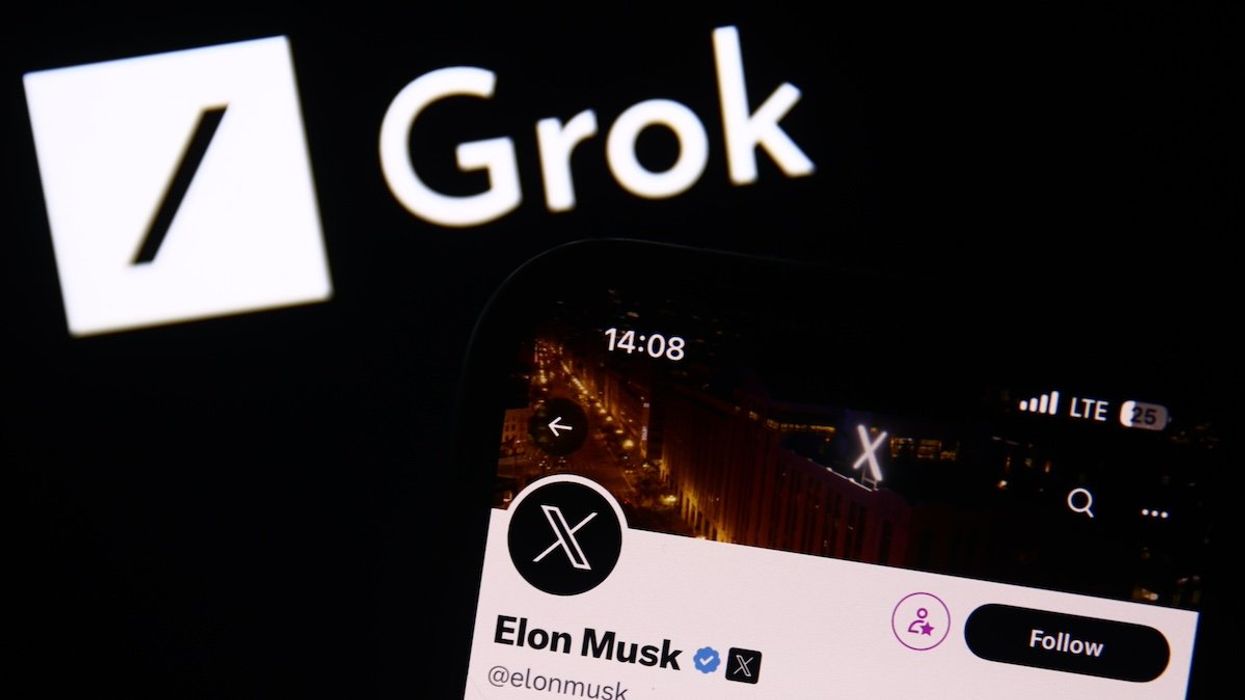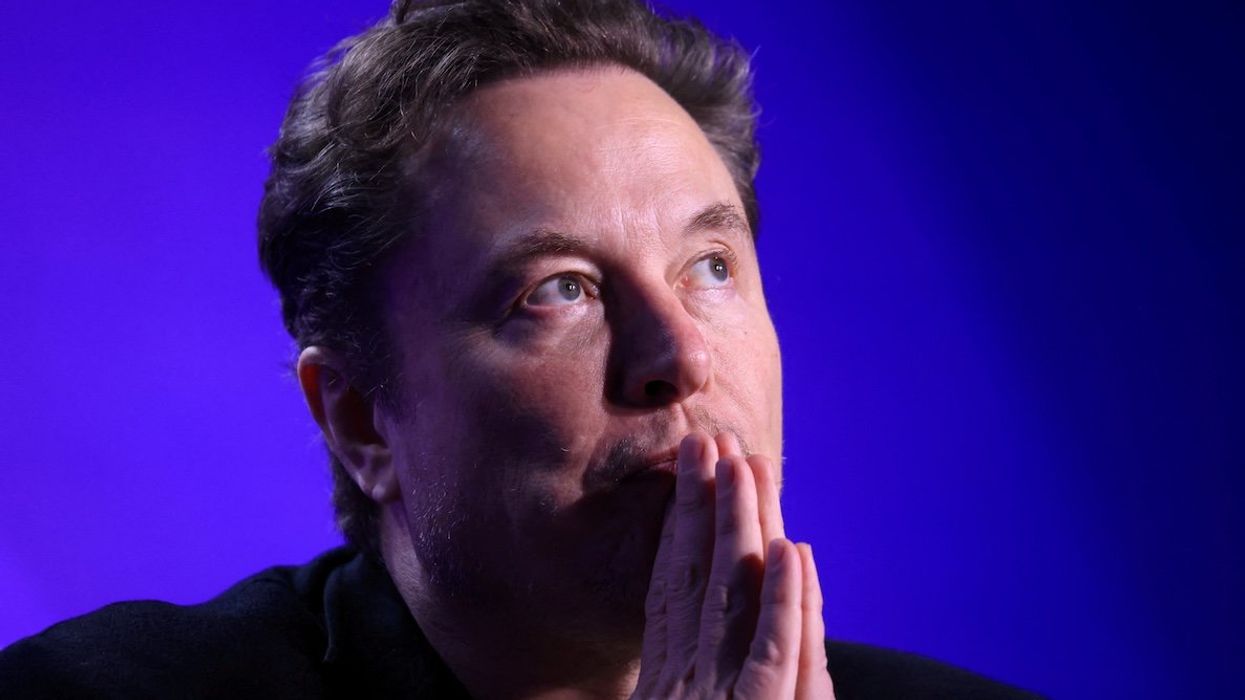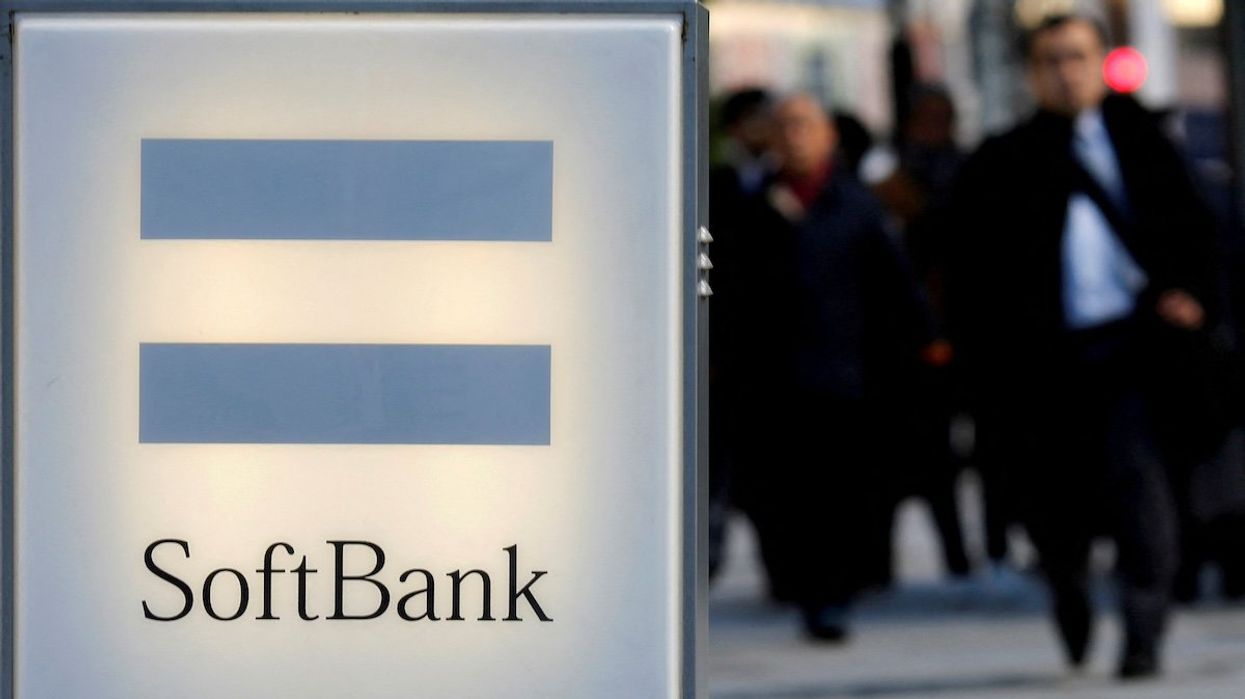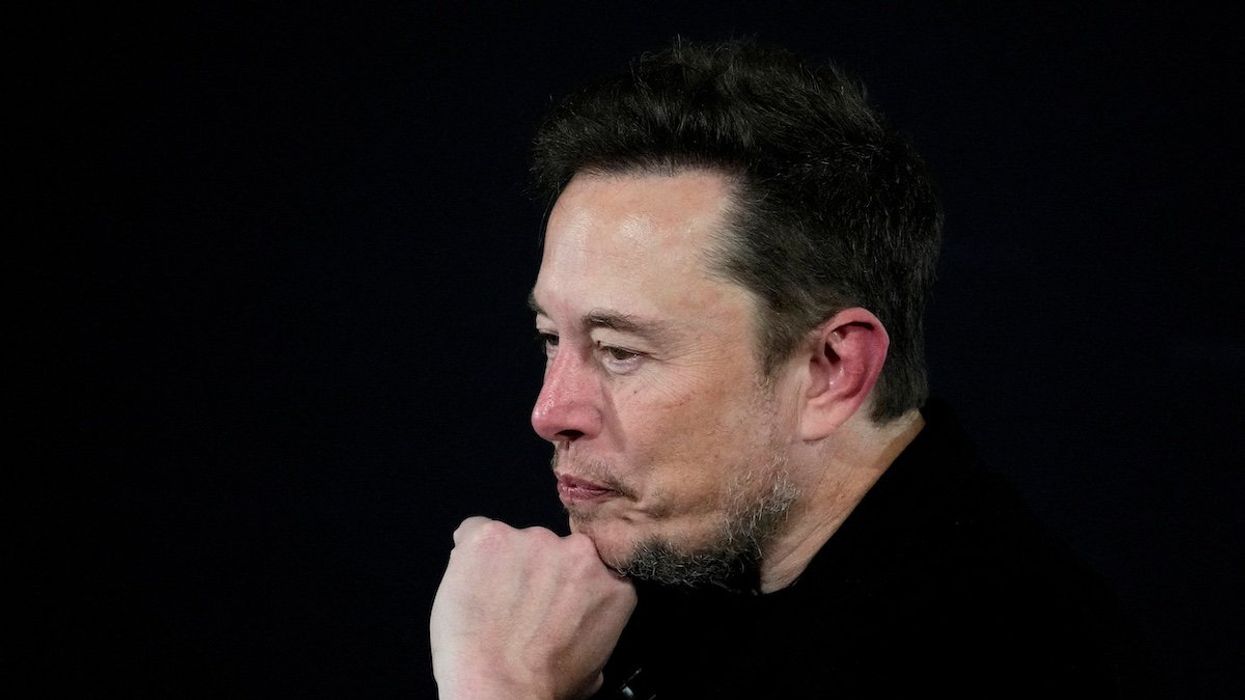GZERO AI
What the Grok is going on?
If you’ve been on X this past week, you might have seen some strange and disturbing images: a MAGA hat-wearing Mickey Mouse smoking a cigarette and drinking a beer on the beach, former President Barack Obama threatening President Joe Biden with a knife, or maybe Microsoft founder Bill Gates sniffing copious amounts of cocaine.
Aug 20, 2024




